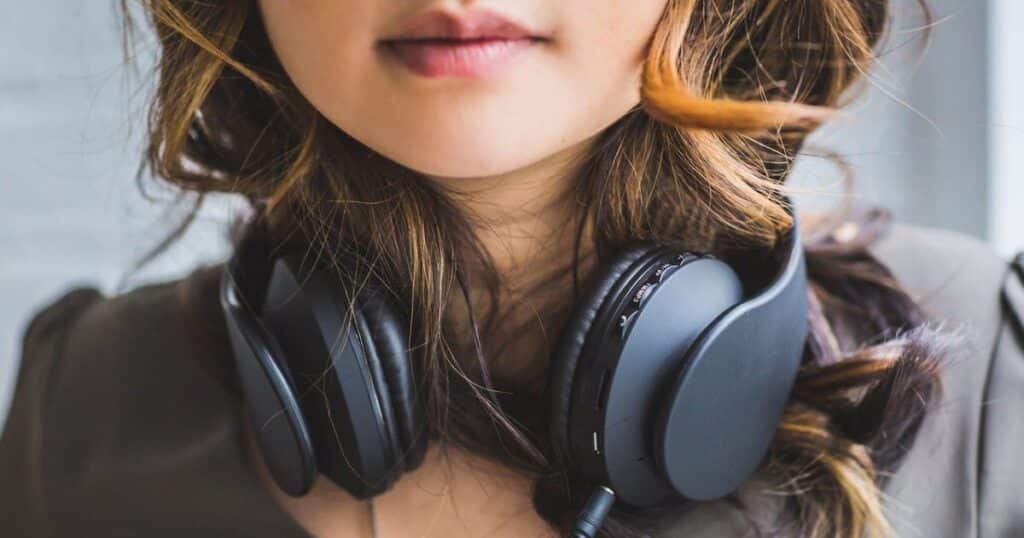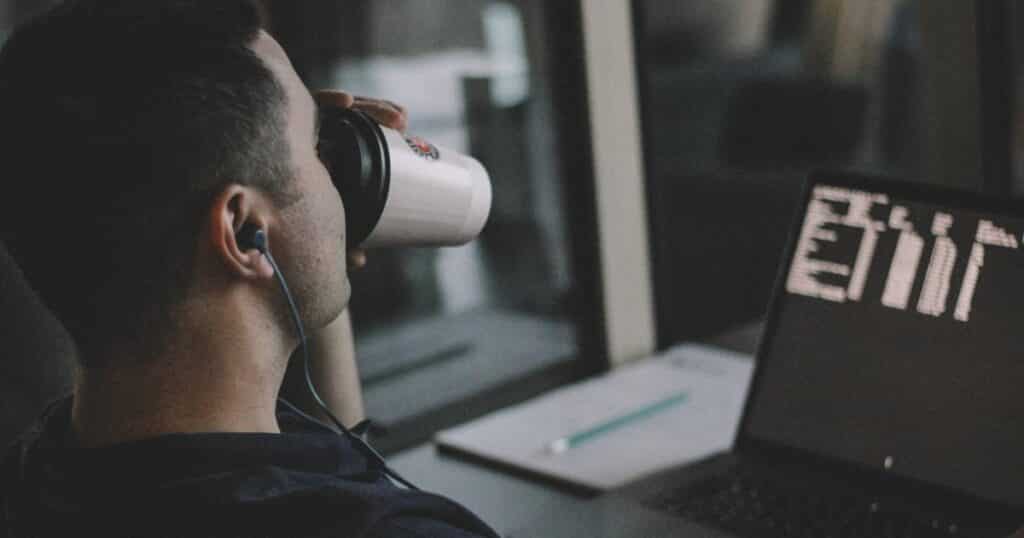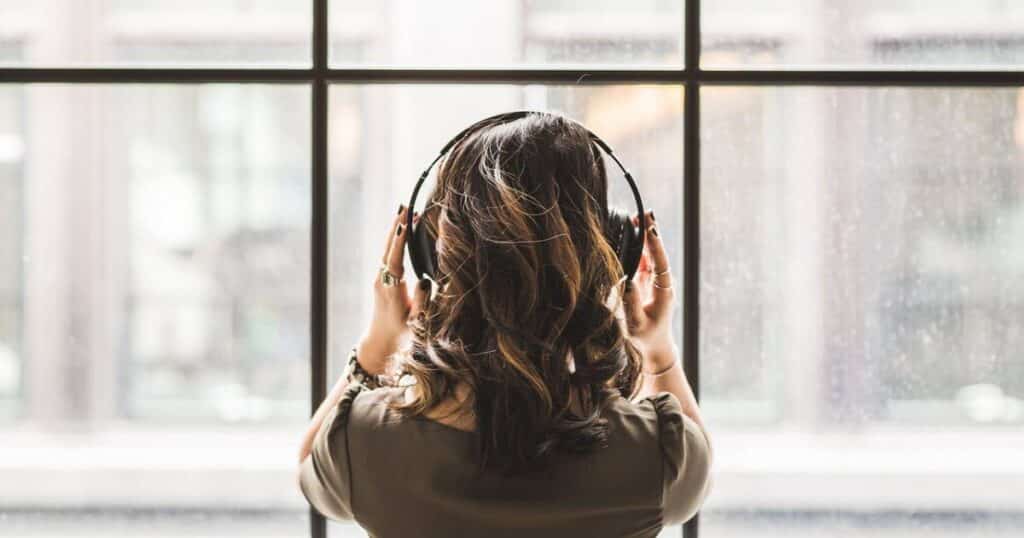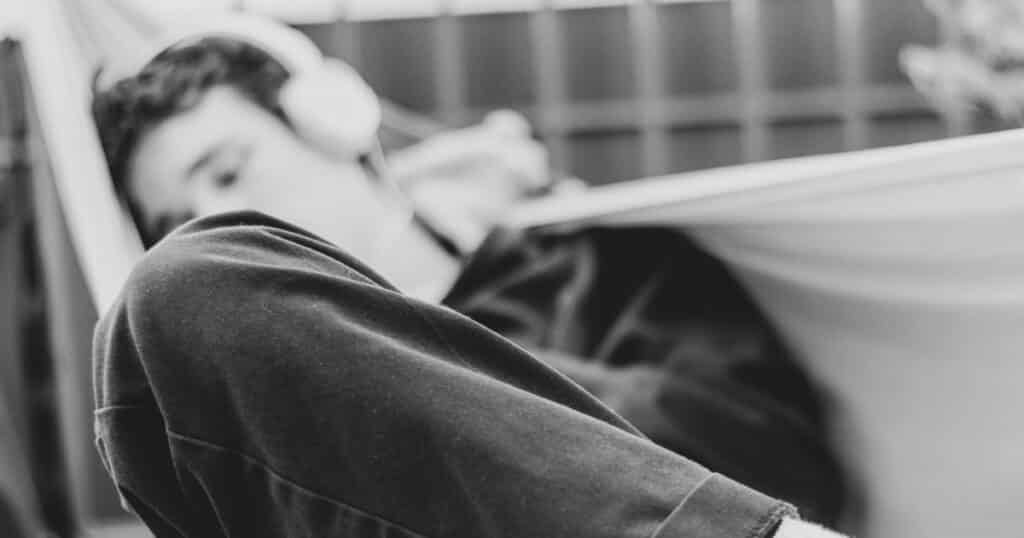We all know that listening to music at loud volumes can damage your ears. What they don’t tell you is how low should your music be to prevent hearing loss from headphones. Listening to a great playlist on a pair of superb headphones can help you focus or relax, depending on your needs. The irony is that the same sound you love to hear from your headphones may cause you to lose your hearing soon.
For certain professions, such as construction and the military, noise-induced hearing loss is a regular risk. More young people show signs of hearing loss, too. According to statistics, about one in four US adults suffers from hearing issues.
Hearing loss can be a result of repeated exposure to loud sounds. Aside from concerts, noisy occupants, and sporting events, health care personnel are also worried about headphones and ear health. You don’t need to cut out music from your headphones entirely. All you need to do is take the necessary precautions.
In this article, we’ll go over how headphones can damage your ears and how to prevent hearing loss from headphones.
Facts About Hearing Loss
A lot of audio devices have outputs that go a lot higher than 85 dB. This can pose a huge problem and have damaging effects on listeners who aren’t aware of the implications of repeated exposure to loud noises.
Your inner ear can become permanently damaged from listening to loud music. Repeatedly exposing your ears to loud volumes risks a 50% faster rate of hearing loss. This means that by the time you are 40, you might have the hearing of a 70-year-old.
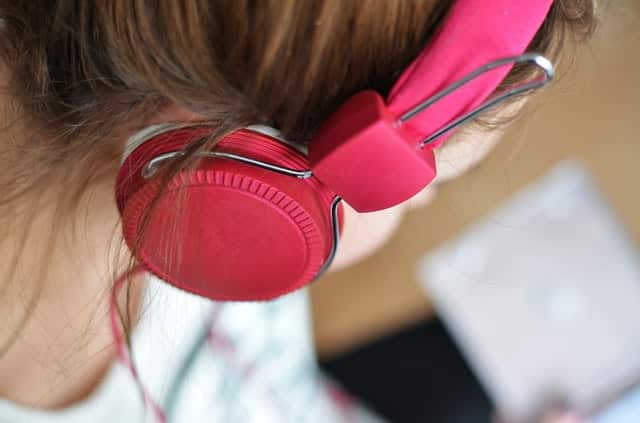
As a rule of thumb, make sure a person standing an arm’s length away from you cannot hear what you are listening to from your earbuds or headphones. If you have to raise your voice to speak to someone while listening to music, you should probably turn the volume down.
Tips for preventing hearing loss
You can protect your ears from permanent damage from music by doing the following:
Cut down loud noises
The most obvious way to prevent noise-induced hearing loss is to cut down on how much noise gets to your ear. It’s too loud if you:
- Can’t hear what other people are saying
- Have to raise your voice to speak to people
- Have muffled hearing or ringing in your ears afterward
- Feel pain in your ears
Sounds over 85 dBs can harm your ears, mostly if you listen repeatedly.
Be careful when listening to music
One of the biggest dangers to your ears is listening to loud music via headphones or earphones. To tackle this, try the following:
- Avoid using headphones or earphones for more than an hour at a time
- Do not listen to music at a volume higher than 60% of the maximum volume
- Use noise-canceling headphones or earphones
- Don’t turn the volume up to cancel out external noises
Protect your ears during loud activities and events
If you go to sporting events, night clubs, or gigs, you should ensure that your hearing is protected.
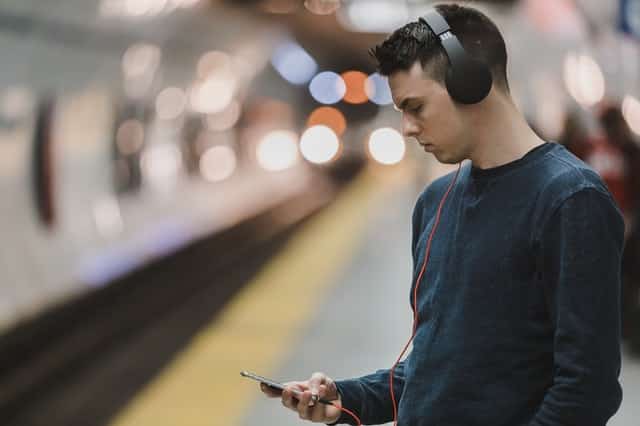
You can take the following steps to protect your ears from early hearing loss:
- Look into purchasing reusable earplugs that can cut down the volume of music without muffling it
- Always avoid being in the range of the sources of loud noises such as megaphones and speakers
- When you are exposed to loud noise, give your ears at least 18 hours to recover before coming in contact with any loud sound
- Try taking a break from the noise every 15 to 20 minutes
Take necessary precautions at work
If you are regularly exposed to loud noises due to your work, speak to your human resources manager or department. It is your employer’s responsibility to make the necessary changes to limit your exposure to loud noise.
Some of the precautions your employer can take include:
- Providing hearing protection
- Ensuring that you are not exposed to loud noise for extended periods
- Making a switch to less noisy equipment if possible
Go for a hearing test
If you are worried about losing your hearing, go straight to the doctor for a test. The quicker hearing loss is noticed, the higher the chances of reversing or reducing it.
If you work in noisy environments (construction, musicians, military), you might want to have your hearing checked every year to see if you are at high risk for noise-induced hearing loss.
It would be best to balance the length of listening with the volume level to prevent your ears from hearing damage caused by earbuds or headphones. Ideally, it would help if you turned your volume down for longer listens to protect your ears.
Final Thoughts About Preventing Hearing Loss from Headphones
Why most people have to turn their volume up higher than 60% is because of background noise. As the sound in our surroundings increases, we are prompted to increase our music players’ volume. Poor-quality earbuds sit too close to eardrums, which can risk extra ear damage. Additionally, they can’t cancel out external noise, causing low sound quality. You’ll also need to turn the volume up to hear over surrounding noises.
Noise-canceling headphones cuts out the background noise, so you won’t need to listen to louder music and risk of hearing loss. Investing in a pair is one of the best ways to prevent hearing loss while wearing headphones.

